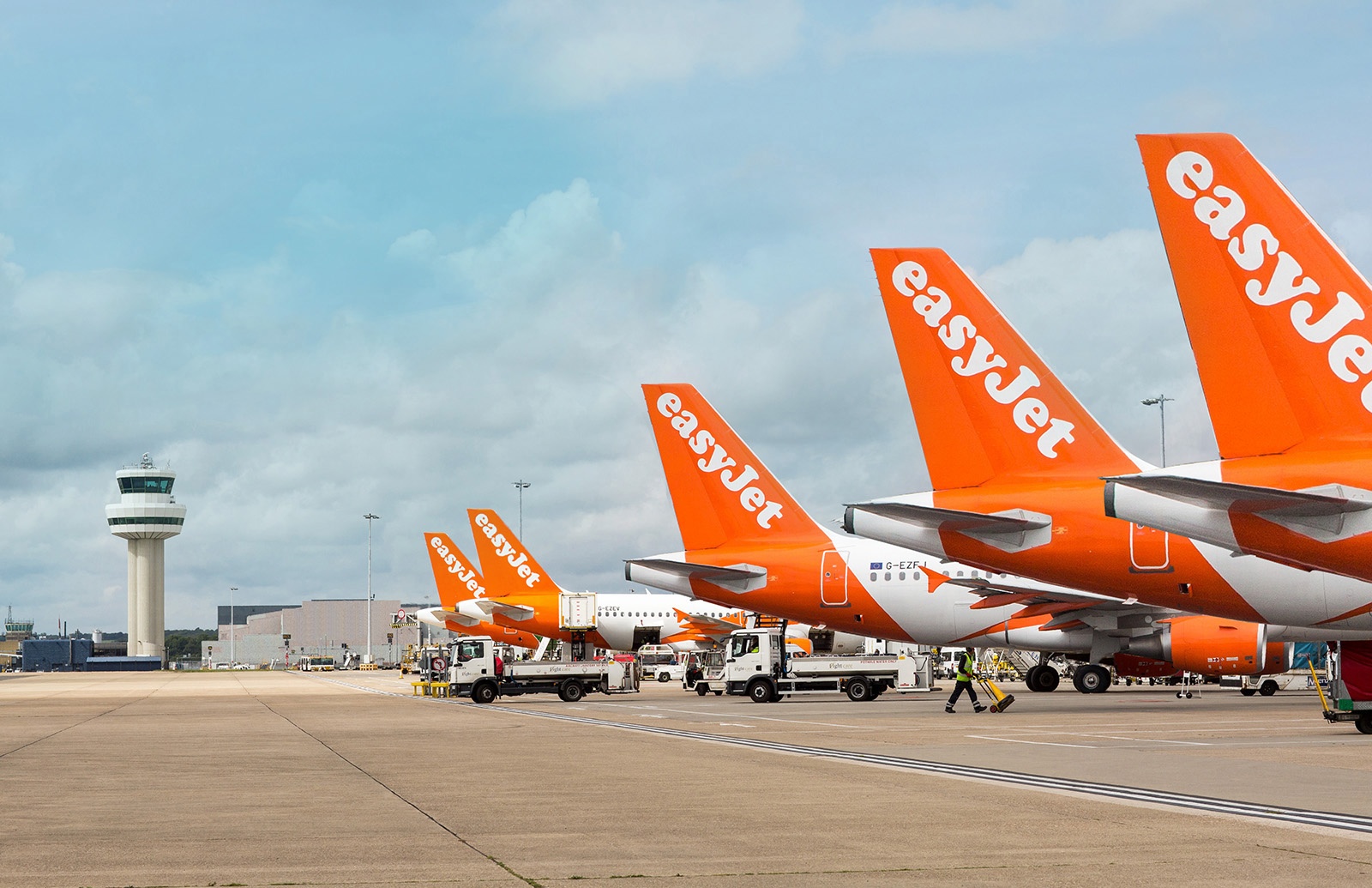easyJet has revealed that its first quarter financial performance was in line with management expectations despite the impact of the Omicron variant on travel restrictions. The airline reports that improved performance in October and November as load factors continued to strengthen, with both months above 80%. easyJet noted that Omicron “paused this momentum which resulted in load factors declining during December” and it expects the reaction to the new variant to continue to have an impact over short term performance in Q2.
Following the UK Government's announcement on 5 January to remove pre departure testing, easyJet states that it has seen a sustained step change improvement in booking volumes. On 24 January, the UK announced restriction free travel from 11 February, which easyJet reports has provided a further boost to bookings.
easyJet reports that Q4 on sale capacity is at near 2019 levels, with leisure flows expected to see strong demand this summer, in line with previous expectations. While customers continue to book closer to departure and visibility remains limited, booked ticket yield to date remains encouraging for Easter (which falls within Q3) as well as into the Q4 summer period.
Commenting, Johan Lundgren, easyJet Chief Executive said: "easyJet produced a significant year on year improvement in the first quarter, despite the short-term impact of Omicron in December, halving losses and cash burn compared with Q1 21 alongside driving higher returns from ancillaries.
"During the pandemic, easyJet has transformed many areas of the business including optimising its network and flexibility and finding sustainable cost savings. This is helping partially offset inflationary pressure, while also step-changing ancillary revenue, which is delivering for us now.
"Booking volumes jumped in the UK following the welcome reduction of travel restrictions announced on 5 January, which have been sustained and then given a further boost from the UK Government's decision earlier this week to remove all testing requirements. We believe testing for travel across our network should soon become a thing of the past.
"We see a strong summer ahead, with pent up demand that will see easyJet returning to near 2019 levels of capacity with UK beach and leisure routes performing particularly well.
"We remain confident that easyJet will continue to win customers and are excited about our plans for the summer as we identify further opportunities at our key bases which, alongside our step-changed ancillary offering, will deliver strong, sustainable shareholder returns."
During Q1 easyJet flew 64% of FY19 capacity which was broadly in line with the guidance provided and a significant increase on the same period last year where easyJet flew 18% of FY19 capacity.
Load factor was 77%, rather than over 80% as guided, due to the impact that Omicron had on customers' confidence and ability to travel during December. easyJet saw significant levels of late flight transfers out of December due to travel restrictions and concerns over Omicron. These customers have used our customer friendly policies to re-book easyJet flights which will have a positive impact on load factors, revenue and customer retention in future periods.
Passenger numbers in the quarter increased to 11.9 million (Q1 FY21: 2.9 million). Total group revenue for the quarter ending 31 December 2021 increased to £805 million (Q1 FY21: £165 million). Passenger revenue increased to £547 million (Q1 FY21: £118 million) and ancillary revenue increased to £258 million (Q1 FY21: £47 million) primarily as a result of the increase in capacity flown.
Group headline costs for the quarter were £1,018 million (Q1 FY21: £588 million), primarily driven by the higher level of capacity flown compared to the same period last year.
easyJet’s headline loss before tax for the quarter was £213 million, a £210 million improvement compared to the £423 million loss in Q1 FY'21. Included in the headline loss was a £15 million gain from balance sheet FX revaluations.
Cash burn during the first quarter (seasonally the weakest quarter for working capital) was £450 million (Q1 FY'21: £969 million). This improved performance is despite the removal of furlough across most of Europe and includes delivery payments, as easyJet took delivery of four new aircraft during the period.
During the first quarter easyJet repaid £300 million of commercial paper, clearing the final balance under the CCFF scheme. easyJet has no other debt maturities until the 2023 financial year. As at 31 December 2021 the airline’s net debt position was c.£1.2 billion (30 September 2021: £0.9 billion) including cash and cash equivalents and money market deposits of c.£2.9 billion.

